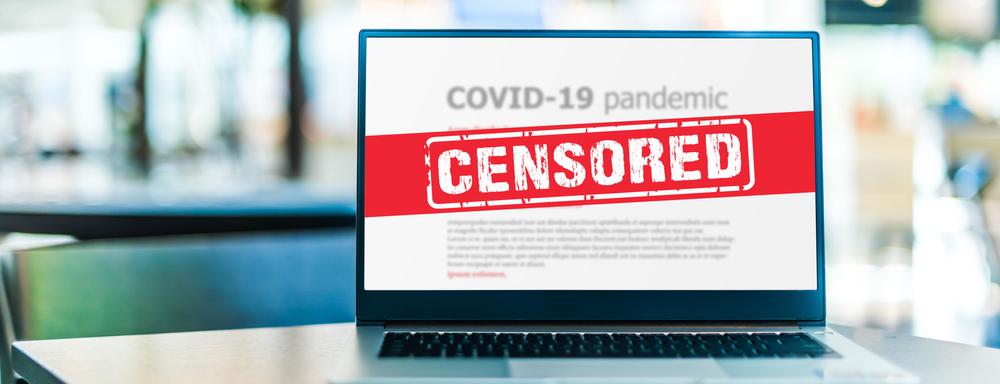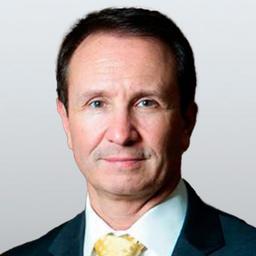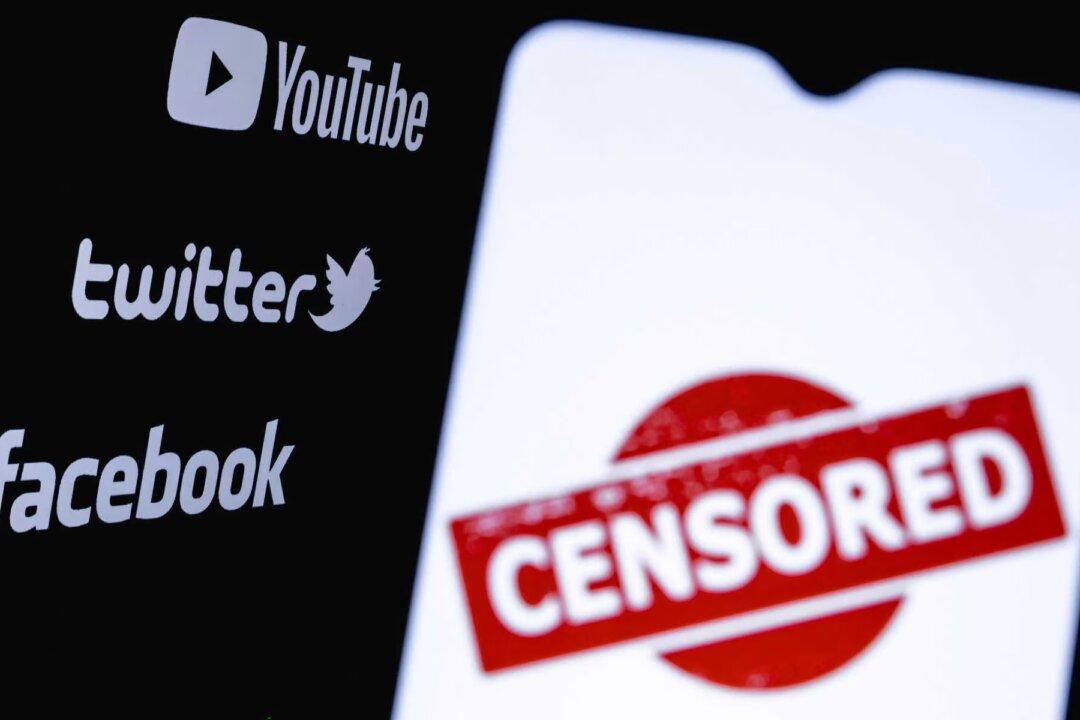Commentary
Americans have always been scrappy individuals willing to take enormous risks on something new in order to capitalize on future success. This was in the DNA of our Founding Fathers, and it continues to this day as we live the “American Dream” of building something out of nothing and ensuring prosperity for future generations.


